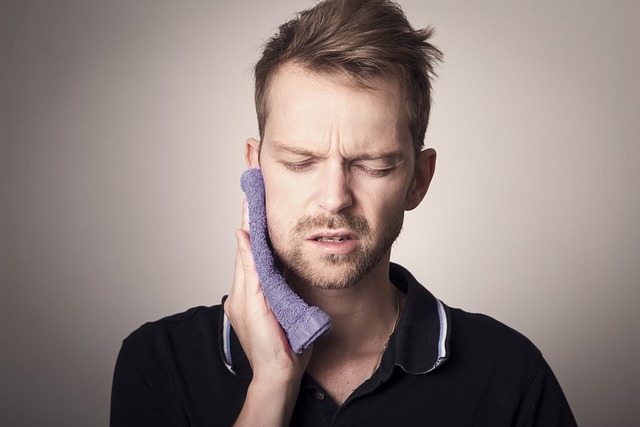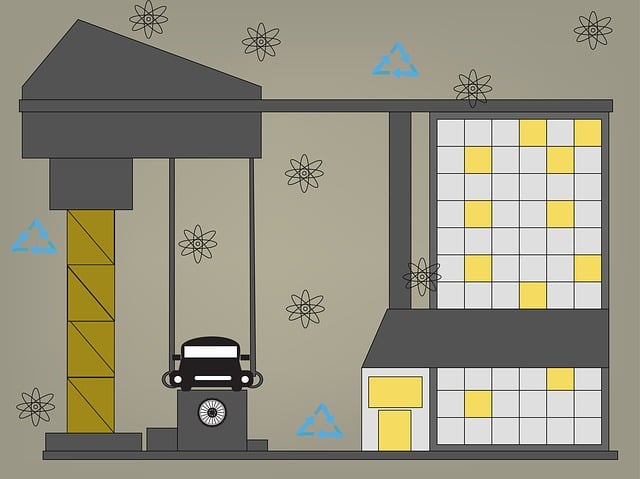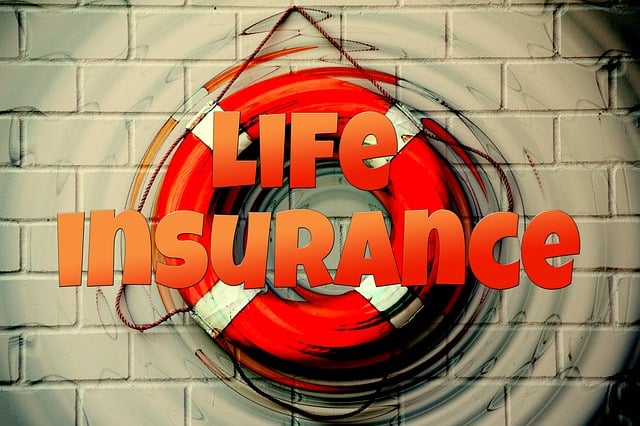Dental clinics, despite their sterile appearance, face unique risks leading to potential patient injuries, misdiagnoses, malpractice, and workplace accidents. Liability insurance for dentists is crucial in safeguarding against financial burdens, covering medical expenses, legal fees, settlements, and judgments arising from these claims. Specialized coverage protects against negligence, equipment malfunctions, and property damage incidents on clinic grounds. Choosing the right provider involves selecting insurers with expertise in dental-specific risks, strong reputations, and transparent policies. Adequate liability coverage ensures dentists are prepared for legal defense costs and potential financial losses from unforeseen events. Best practices include comprehensive employee training, regular facility inspections, compliance with health regulations, and staying updated with industry standards to mitigate these risks.
In the dynamic field of dentistry, ensuring patient safety and managing risks are paramount. Liability insurance for dentists is not just a necessity; it’s a shield against potential legal pitfalls and financial burdens. This comprehensive guide explores dental clinic liability, from understanding common risks and claims to navigating the importance of professional liability coverage. We delve into key policy areas, offer tips on choosing the right insurer, and present real-world case studies, empowering dentists to mitigate risk and foster a secure practice environment.
- Understanding Dental Clinic Liability: Potential Risks and Claims
- The Importance of Professional Liability Insurance for Dentists
- Key Coverage Areas in Dental Practice Liability Policies
- How to Choose the Right Liability Insurance Provider for Your Clinic
- Case Studies: Real-World Examples of Dental Malpractice Claims
- Mitigating Risk: Best Practices for Maintaining a Safe Dental Environment
Understanding Dental Clinic Liability: Potential Risks and Claims

Dental clinics, despite their seemingly sterile environment, face a unique set of risks and potential liabilities that can arise from various sources. As a dentist or clinic owner, understanding these risks is paramount to ensuring adequate protection through liability insurance for dentists. Common scenarios that could lead to claims include patient injuries during procedures, misdiagnoses, malpractice, and even workplace accidents involving staff or visitors.
For instance, a patient might slip and fall in the waiting area due to a poorly maintained floor, leading to a personal injury claim. Alternatively, a dental procedure may cause an unforeseen reaction in a patient, resulting in additional medical expenses and legal action for alleged negligence. Liability insurance for dentists plays a crucial role in safeguarding against such financial burdens by providing coverage for medical expenses, legal fees, and potential settlements or judgments that may arise from these claims.
The Importance of Professional Liability Insurance for Dentists

In the competitive landscape of healthcare services, dental clinics face a unique set of challenges and risks. Among these, professional liability insurance stands as a cornerstone of risk management for dentists. This type of insurance protects against potential claims arising from medical negligence, offering financial security and peace of mind in an industry where mistakes can have significant consequences.
Dentists, with their specialized knowledge and direct patient interaction, are susceptible to various lawsuits, ranging from misdiagnosis and treatment errors to equipment malfunctions. Liability insurance for dentists acts as a shield against these risks, covering legal fees, settlements, and court costs. By ensuring adequate coverage, dental clinics can focus on providing quality care while navigating the complexities of the healthcare system with greater assurance.
Key Coverage Areas in Dental Practice Liability Policies

Dental clinics operate within a complex regulatory environment, posing unique risks that require specialized coverage. Liability insurance for dentists plays a critical role in safeguarding their practice and patients against potential lawsuits and financial losses. Key coverage areas in dental practice liability policies include negligence claims, malpractice suits, and property damage incidents.
Negligence and malpractice are common concerns, as dental procedures can lead to adverse outcomes or complications. The policy should compensate for legal fees, court costs, and any damages awarded to patients who suffer injuries due to the dentist’s error or omission. Additionally, coverage for property damage protects against claims arising from accidents on clinic premises, such as slip-and-fall incidents or equipment malfunctions, ensuring financial security in case of unexpected events.
How to Choose the Right Liability Insurance Provider for Your Clinic

When selecting a liability insurance provider for your dental clinic, it’s crucial to choose a company with deep expertise in understanding the unique risks and challenges faced by dentists. Look for insurers who specialize in medical malpractice coverage, as these professionals will have a comprehensive grasp of the legal and financial complexities involved in dental practice. Ensure they offer policies tailored to specific dental specialties, considering factors like advanced procedures or patient populations with complex needs.
Research providers’ reputations, financial stability, and customer service records. Reputable insurers should be able to provide transparent information about policy exclusions, limitations, and potential claims scenarios relevant to your clinic. Moreover, consider their track record in processing claims efficiently and providing adequate support during times of crisis. Choosing a reliable partner in liability insurance will give you peace of mind, ensuring your dental practice is adequately protected against potential lawsuits and financial losses.
Case Studies: Real-World Examples of Dental Malpractice Claims

In the realm of dentistry, where precision and care are paramount, understanding the potential risks and their financial implications is imperative. Case studies offer a glimpse into real-world scenarios that highlight the importance of liability insurance for dentists. For instance, consider a case where a patient underwent a routine tooth extraction but later developed an infection due to alleged negligence in the clinic’s sterilization procedures. The patient filed a claim, leading to a legal battle and significant financial burden on the dental practice. This exemplifies the critical need for adequate liability coverage to protect dentists from such unforeseen events.
Another scenario involves a misdiagnosis of oral cancer, resulting in unnecessary treatments and patient distress. Such incidents can lead to medical malpractice lawsuits, as patients may seek compensation for their physical and emotional suffering. Dental clinics, therefore, must be prepared with comprehensive insurance policies that not only cover the costs of legal defense but also provide financial protection against substantial settlements or judgments arising from dental malpractice claims.
Mitigating Risk: Best Practices for Maintaining a Safe Dental Environment

Maintaining a safe and risk-free dental environment is paramount for any clinic aiming to protect its assets, patients, and staff from potential liabilities. The first step in mitigating risk involves ensuring comprehensive training for all employees, including regular updates on infection control practices, patient handling procedures, and emergency response protocols. This includes proper use of personal protective equipment (PPE) and adherence to strict sterilization standards to minimize the chance of infections or iatrogenic errors.
Regular inspections and maintenance of clinic facilities are another best practice. Identifying and addressing potential hazards—such as slip-and-fall risks, outdated equipment, or inadequate lighting—can significantly reduce the likelihood of accidents. Keeping detailed records of all maintenance activities and ensuring compliance with local health and safety regulations is crucial. Additionally, staying up-to-date with industry standards and implementing evidence-based practices can further strengthen the clinic’s defense against liability claims related to dental care.
